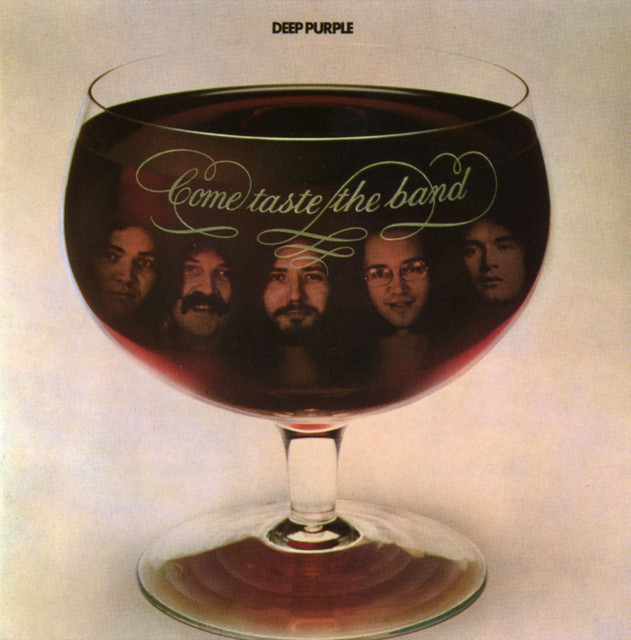Deep Purple - "Come Taste the Band" (1975)
Rating: C+
Deep Purple's "Come Taste the Band" marks a transitional period for the band, featuring a lineup change and a departure from their classic hard rock sound. Released in 1975, this album showcases Deep Purple exploring new musical territories, with mixed results.
Pros:
Musical Experimentation: "Come Taste the Band" sees Deep Purple embracing elements of funk, soul, and blues, adding a new dimension to their sound. Tracks like "Gettin' Tighter" and "You Keep on Moving" showcase the band's willingness to experiment with different musical styles, resulting in a more diverse and eclectic album.
Guitar Work: Despite the absence of Ritchie Blackmore, guitarist Tommy Bolin delivers impressive performances throughout "Come Taste the Band." His innovative guitar work adds a fresh dynamic to the album, with inventive solos and melodic riffs that complement the band's evolving sound.
Vocal Dynamism: Vocalist David Coverdale and bassist Glenn Hughes share vocal duties on "Come Taste the Band," adding depth and versatility to the album's sound. Coverdale's powerful vocals shine on tracks like "Lady Luck," while Hughes brings a soulful intensity to songs like "Love Child."
Cons:
Lack of Cohesion: While "Come Taste the Band" features some strong individual tracks, the album as a whole lacks the cohesion and consistency found in Deep Purple's earlier work. The diverse range of musical styles and songwriting approaches can make the album feel disjointed at times.
Production Issues: The production on "Come Taste the Band" is often criticized for its lack of polish and clarity. The mixing can feel muddy and uneven, obscuring some of the finer details of the instrumentation and detracting from the overall listening experience.
Reception: "Come Taste the Band" received mixed reviews upon its release and failed to achieve the same commercial success as Deep Purple's earlier albums. The lineup changes and departure from their classic sound may have alienated some fans, resulting in a lukewarm reception from both critics and audiences.
Overall, "Come Taste the Band" is a flawed but intriguing chapter in Deep Purple's storied career. While it may not reach the heights of their classic albums, it remains an interesting exploration of the band's musical evolution and experimentation during a period of transition.



Comments
Post a Comment